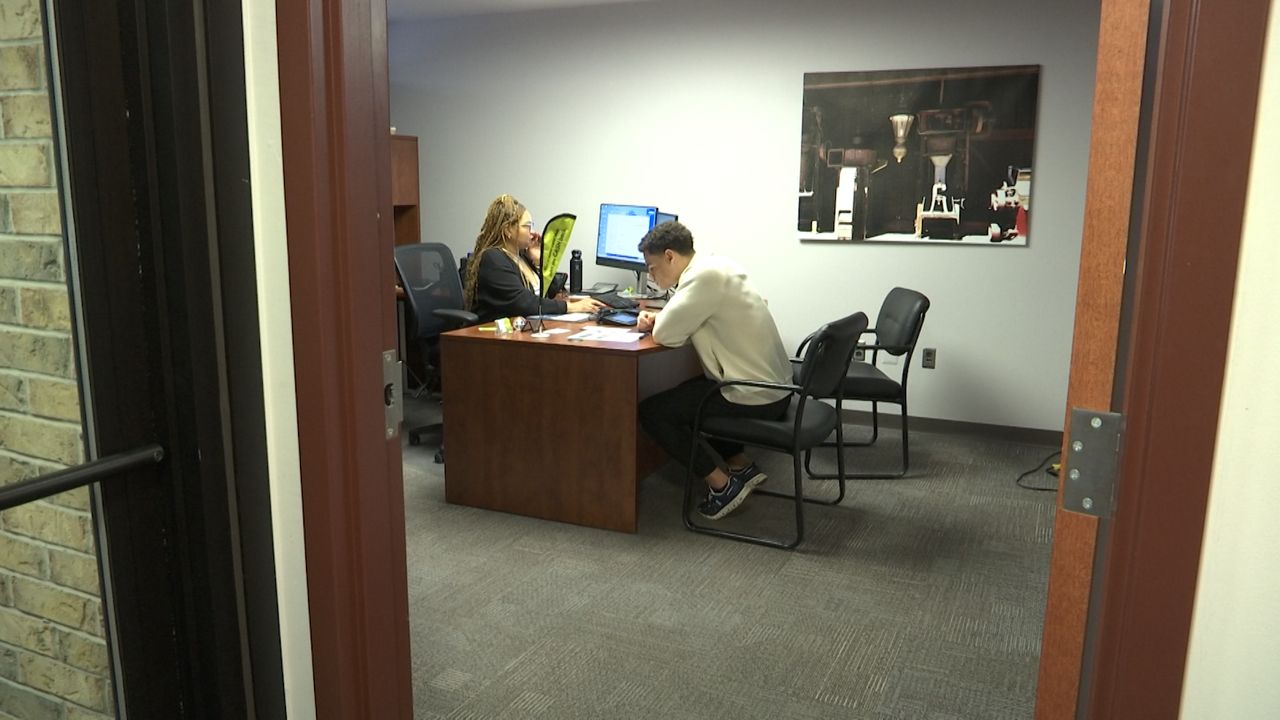The 597-meter high Goldin Finance 117 Tower in Tianjin, China, started construction in September 2008, but still stands unfinished in this picture, taken Aug. 28, 2024.
Nurphoto | Nurphoto | Getty Images
BEIJING — China’s Ministry of Finance press briefing over the weekend underscored how it is focused on tackling local government debt problems, instead of the stimulus markets have been waiting for.
In his opening remarks on Saturday, Minister of Finance Lan Fo’an laid out four measures, starting with increasing support for local governments in resolving debt risks. It was only after he outlined those four points that Lan teased that the country was looking to increase debt and the deficit.
“The press conference is consistent with our view that addressing local government financing struggles is a priority,” Robin Xing, chief China economist at Morgan Stanley, and his team said in a report Sunday. They also expect that the central government will play a larger role in debt restructuring and housing market stabilization.
“However, we believe upsizing consumption support and social welfare spending will likely remain gradual,” the Morgan Stanley analysts said.
China’s real estate market slump has cut into a significant source of revenue for local governments, many of which struggled financially even before needing to spend on Covid-19 measures. Meanwhile, lackluster consumption and slow growth overall have multiplied calls for more fiscal stimulus.
The four policies announced by the Ministry of Finance are focused more on tackling structural issues, Chinese economic think tank CF40 said in a report Saturday.
“They are not specifically aimed at addressing macroeconomic issues such as insufficient aggregate demand or declining price levels through Keynesian-style fiscal expansion,” the report said, in reference to expectations of greater government intervention.
CF40 estimates China does not need additional fiscal funding to achieve the full-year growth target of around 5%, as long as the spending that it has already announced happens by the end of the year.
Local governments drag on domestic demand
Finance Minister Lan on Saturday did say the central government would allow local governments to use 400 billion yuan ($56.54 billion) in bonds to support spending on payroll and basic services.
He added that a large plan to address local governments’ hidden debt would be announced in the near future, without specifying when. Lan claimed that hidden debt levels at the end of 2023 were half what they were in 2018.
Historically, local governments were responsible for more than 85% of expenditure but only received about 60% of tax revenue, Rhodium Group said in 2021.
Constrained local government finances have “contributed to the downward pressure on prices,” the International Monetary Fund said in an Aug. 30 report on China.
The core consumer price index, which strips out more volatile food and energy prices, rose by 0.1% in September, compared to a year ago. That’s the slowest since February 2021, according to the Wind Information database.
To Morgan Stanley, resolving local government debt problems is a “critical step” toward halting the declining trend of prices — almost just as important as stimulus directed at boosting demand.
Waiting for another meeting
After a flurry of policy announcements in the last few weeks, investors are looking ahead to a meeting of China’s parliament, expected at end of the month. China’s legal process requires it to approval national budget changes. The meeting last year, which ended on Oct. 24, oversaw a rare increase in the fiscal deficit to 3.8%, from 3%, according to state media.
Analysts are divided over the specific amount of fiscal support that is needed, if any.
“Whether it’s 2 trillion [yuan] or 10 trillion, for us, it actually doesn’t make so much of a difference,” Vikas Pershad, fund manager at M&G Investments, said Monday on CNBC’s “Squawk Box Asia.” “Our bet on China is a multi-year bet. The Chinese equities are too low in valuation.”
He emphasized the policy direction is “on the right path,” regardless of the stimulus size.
Pershad has talked about buying opportunities in Chinese stocks since January but he said Monday that the latest flurry of activity from the region hasn’t made him any more active in the sector.
China’s policymakers have generally remained conservative. Beijing did not hand out cash to consumers after the pandemic, unlike Hong Kong or the U.S.
Julian Evans-Pritchard, head of China economics at Capital Economics, said at least 2.5 trillion yuan of additional funding is needed to keep growth around 5% this year and next.
“Anything less than that, and I think the risk really is the economy just continues to slow next year given all the structural headwinds that it faces,” he said Monday on CNBC’s “Squawk Box Asia.”
Evans-Pritchard insisted that fiscal policy is more critical for addressing the latest economic slump since China’s other support tools have previously included real estate and credit, which are not as effective this time.
“It’s hard to put a specific number on it because obviously there’s a lot of talk of recapitalizing the banks, dealing with the existing debt problems among the local governments,” he said. “If a lot of the additional borrowing goes into those areas it actually does not stimulate current demand that significantly.”
— CNBC’s Sonia Heng contributed to this report.













































